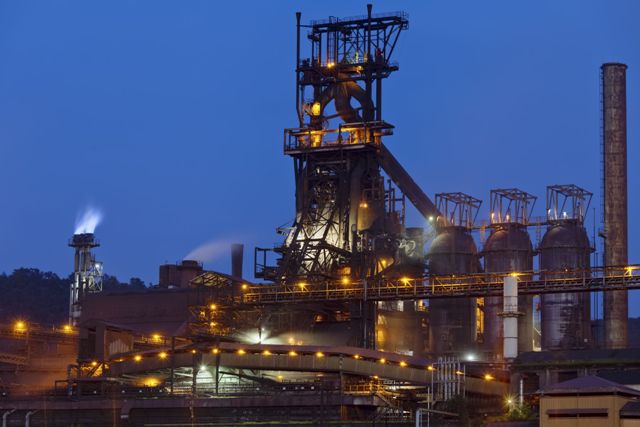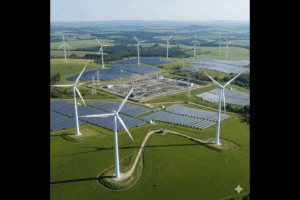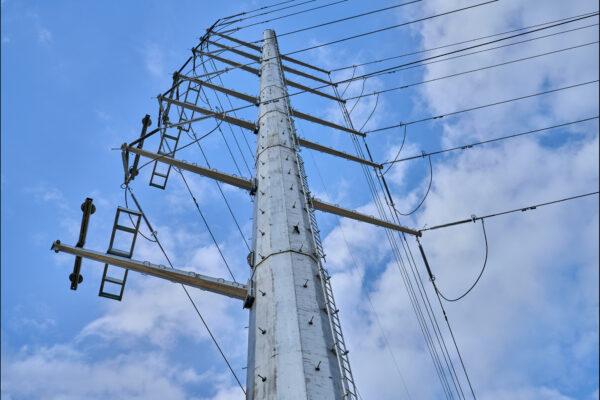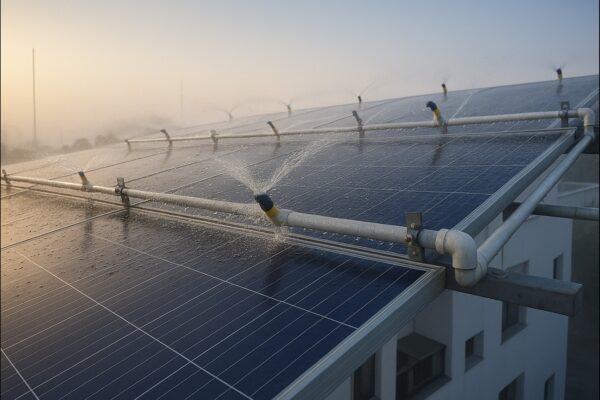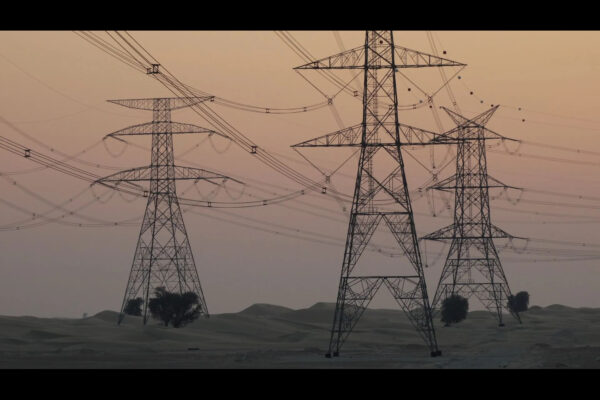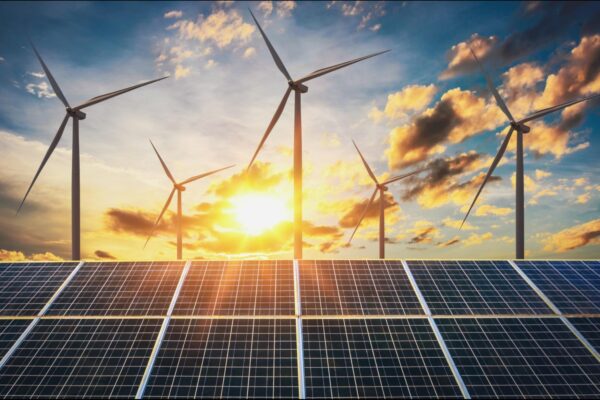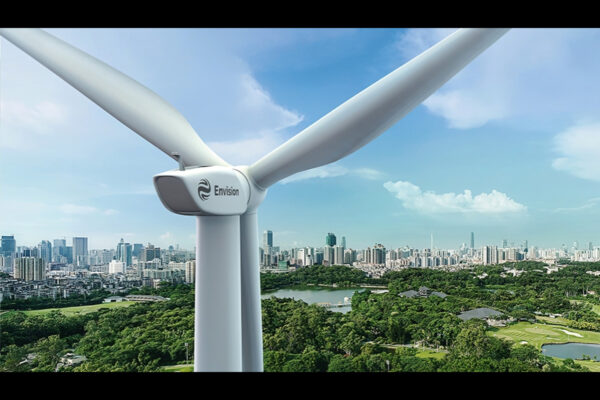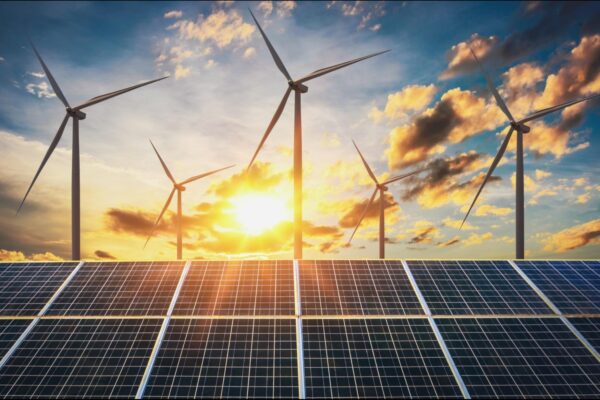Implementing Carbon Capture technology in India- key considerations
by Atanu Mukherjee, President & CEO, Dastur Energy
As one of the fastest growing economies in the G20 grouping of large nations, India will need to adopt a host of measures and strategies in order to sustain its growth plans while ensuring that its commitment towards achieving net-zero carbon emissions by 2070 does not get compromised
On the energy front, moving from fossil fuels to renewable energy will take time due to the need to transition from the existing grid infrastructure to one that can handle the move to renewables. With India’s per capita energy demand set to increase to 2500kWh by 2050 on account of its expanding population1, the dependency on current thermal power generation will exist for quite some time. Therefore, the near-term approach would need to involve implementing technology to capture carbon dioxide emissions contributed by thermal power generation.
Economic growth is accompanied by increased production from industries supporting – infrastructural deployment, agricultural output, and transportation needs. These (Steel, Cement, Oil and Gas, Petrochemicals) constitute the ‘hard to abate’ industry sectors, which together contribute the most towards the total carbon dioxide emissions. Therefore, in parallel with driving economic growth, the country will need to drive adoption of carbon capture, utilisation and sequestration (CCUS) technologies across these industries in order to stay on track with India’s decarbonization goals2. It will be important to mitigate existing challenges to large-scale adoption of CCUS technologies, and pave the way for sustainable economic development in the decades to come.
Driving adoption
Many of the ‘hard to abate’ industries use fossil fuels not only as an energy source, but also as part of the manufacturing process. These industries will need to implement CCUS solutions to address their emissions. However, the cost of implementing these large scale CCUS solutions is significant, and has a direct business impact. It is imperative that the overall solution offer a direct business benefit for the company in order to make it attractive for them to embark on these large-scale transformational projects. There is a need to innovatively combine the various levers available in each scenario to craft an overall solution that results in a positive ROI for the company, while maximizing energy efficiency and minimizing emissions. This approach involves defining an optimal combination of carbon capture and utilization, hydrogen production and utilization, creation of value-added products, and maximizing overall site level energy efficiencies. Rigorous techno-economic analysis across various pathways is needed to then select the most attractive business scenario that can drive the transformation.
Governmental incentives to capture carbon or produce clean energy fuels like hydrogen (eg, tax credits offered in the US) could help make these projects more palatable and drive adoption. India should consider similar incentives.
Encouraging collaboration
There is a need for greater collaboration in developing, financing and installing carbon capture technologies and systems in India. The Government of India has launched the ‘Mission Innovation Challenge’ through the Department of Science and Technology (DST), largely to develop new technologies.
It is imperative that corporations, investors, technology and engineering companies, and research institutions collaborate. Increase in number of studies, assessments, techno-economic analysis, Pre-FEEDs and FEEDs and pre-commercial scale and commercial scale implementations will help build overall confidence in these solutions leading to increased adoption. There is a need to focus on solutions and technologies that can be integrated into existing industrial facilities on a commercial scale.
Scale, economics & other considerations
Apart from the apparent cost concerns, a major challenge in promoting the use of CCUS systems is the issue of how to safely transport and dispose the captured carbon. While CCUS systems are expected to progressively become cheaper as the overall market grows, it is vital to create economic pathways for CO2 sequestration or conversion into value added products.
India has one of the largest onshore basalt formations in the world. Basalts can mineralise captured COâ‚‚ for effective permanent storage. Rigorous research, testing and development of such formations could allow India to begin commercial COâ‚‚ sequestration projects within two decades. The total unconstrained COâ‚‚ storage potential in Indian reservoirs is estimated to be 629 Gt, of which 326 Gt can be stored in deep saline formations and 316 Gt in basalts. National level strategies that facilitate the transport of the captured CO2 to these locations need to be crafted3.
CCUS can also enable production of low-carbon hydrogen from fossil fuels as well as high-value products like pharmaceutical-grade calcium carbonate. The captured CO2 can be used to produce methanol, sustainable polymers and composites that can be used as building materials. CO2 can be used to grow microalgae that can be subsequently converted into biofuels,
Scale and economics is critical as we design and implement solutions in industry. These solutions cannot be crafted as point solutions, but have to be optimized overall to maximize the ROI for a company while at the same time minimizing its carbon footprint. Ultimately, economically viable design is fundamental to accelerated energy transition4.
1: http://dccc.iisc.ac.in/assets/pdf/research/Optimal_targets_for_Indias_per_capita_Electricity_use_and_Energy_mix.pdf
2: https://www.niti.gov.in/sites/default/files/2022-11/CCUS-Report.pdf
3: https://www.ceew.in/publications/how-can-india-scale-carbon-capture-storage-projects-co2-storage-potential-sequestration
4: https://www.dasturenergy.com/rethinking-clean-energy/#rethinking-2
Related Posts

